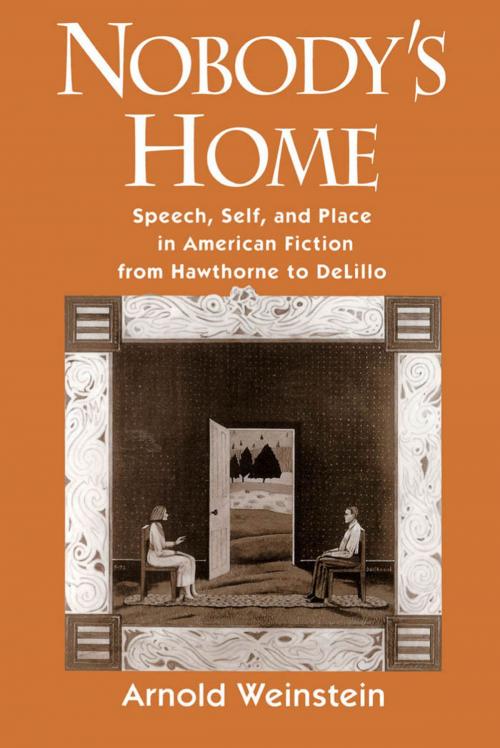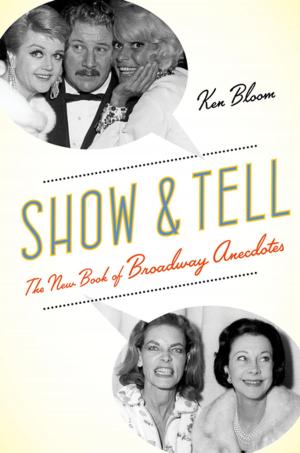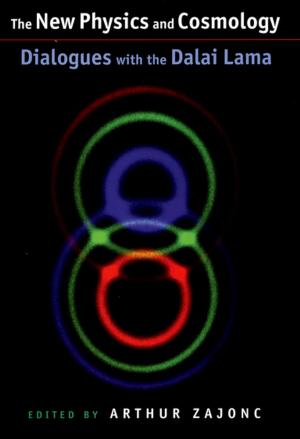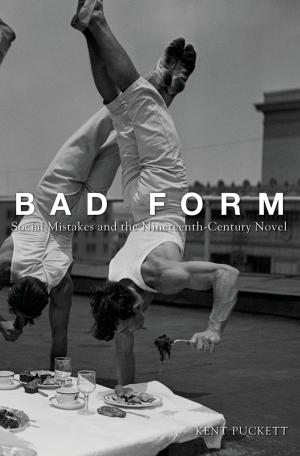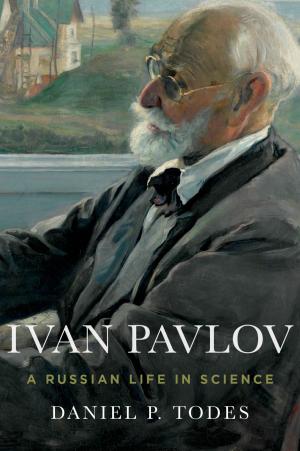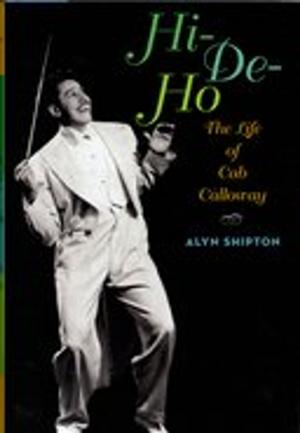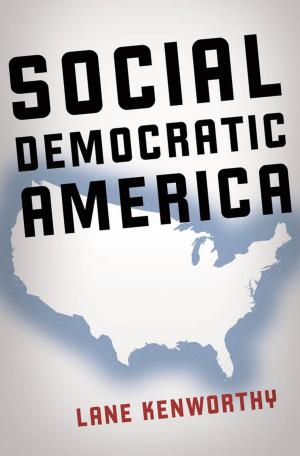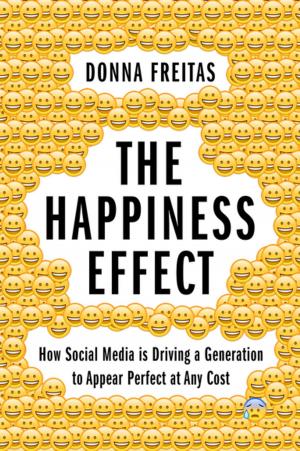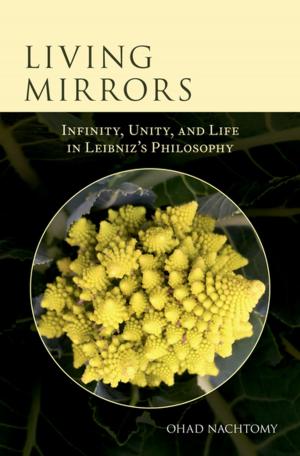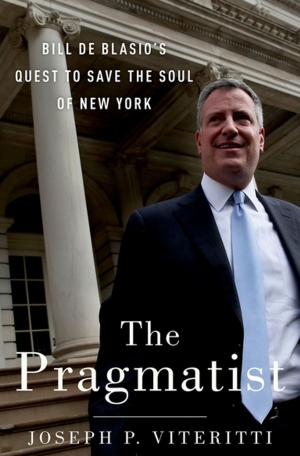Nobody's Home
Speech, Self, and Place in American Fiction from Hawthorne to DeLillo
Fiction & Literature, Literary Theory & Criticism, American| Author: | Arnold Weinstein | ISBN: | 9780190281960 |
| Publisher: | Oxford University Press | Publication: | March 11, 1993 |
| Imprint: | Oxford University Press | Language: | English |
| Author: | Arnold Weinstein |
| ISBN: | 9780190281960 |
| Publisher: | Oxford University Press |
| Publication: | March 11, 1993 |
| Imprint: | Oxford University Press |
| Language: | English |
Nobody's Home is a bold view of the American novel from its beginnings to the contemporary scene. Focusing on some of the deepest instincts of American life and culture--individual liberty, freedom of speech, constructing a life--Arnold Weinstein brilliantly sketches the remarkable career of the American self in some of the major works of the past one hundred fifty years. Weinstein contends that American writers are haunted by the twin specters of the self as a mirage, as Nobody, and by the brutal forces of culture and ideology that deny selfhood to people on the basis of money, sex, and color of skin. His central thesis is that language makes possible freedoms and accomplishments that are achievable in no other realm, and that American fiction is a fascinating record of the human fight against coercion, of the kinds of maneuvering room that we may find in life and in art. This study is unique in several respects: it offers some of the keenest readings of major American texts that have ever been written, including some of the most significant works of the past decades, and it fashions a rich and supple view of the American novel as a writerly form of freedom, in sharp contrast to today's critical emphasis on blindness and co-option.
Nobody's Home is a bold view of the American novel from its beginnings to the contemporary scene. Focusing on some of the deepest instincts of American life and culture--individual liberty, freedom of speech, constructing a life--Arnold Weinstein brilliantly sketches the remarkable career of the American self in some of the major works of the past one hundred fifty years. Weinstein contends that American writers are haunted by the twin specters of the self as a mirage, as Nobody, and by the brutal forces of culture and ideology that deny selfhood to people on the basis of money, sex, and color of skin. His central thesis is that language makes possible freedoms and accomplishments that are achievable in no other realm, and that American fiction is a fascinating record of the human fight against coercion, of the kinds of maneuvering room that we may find in life and in art. This study is unique in several respects: it offers some of the keenest readings of major American texts that have ever been written, including some of the most significant works of the past decades, and it fashions a rich and supple view of the American novel as a writerly form of freedom, in sharp contrast to today's critical emphasis on blindness and co-option.
